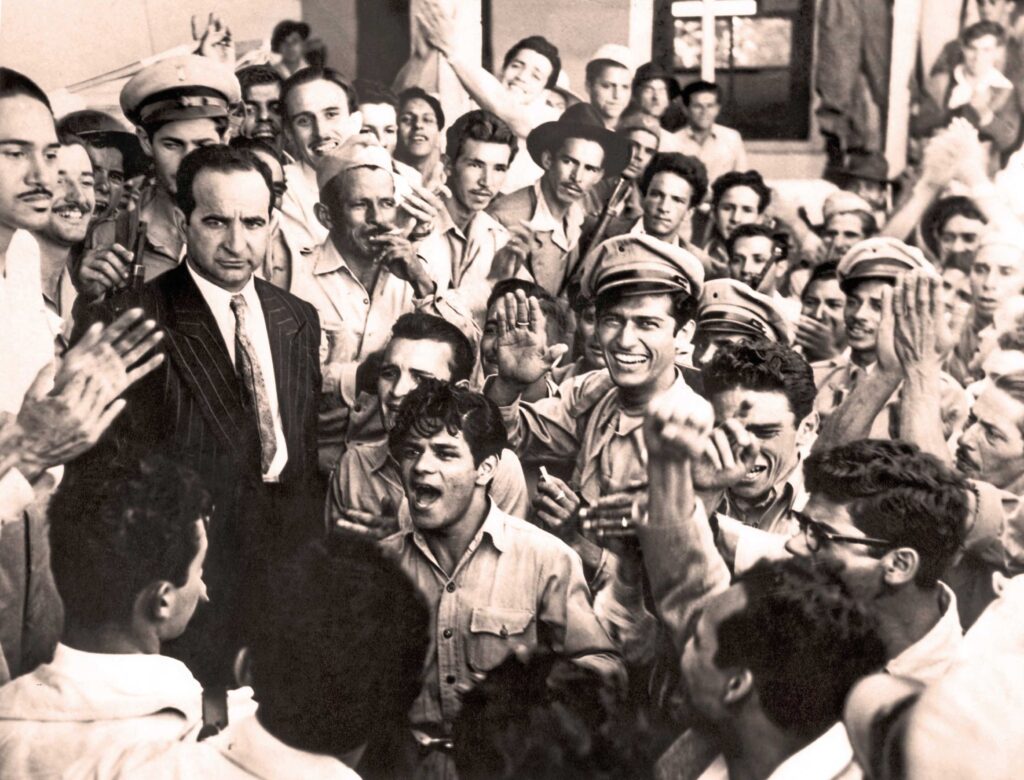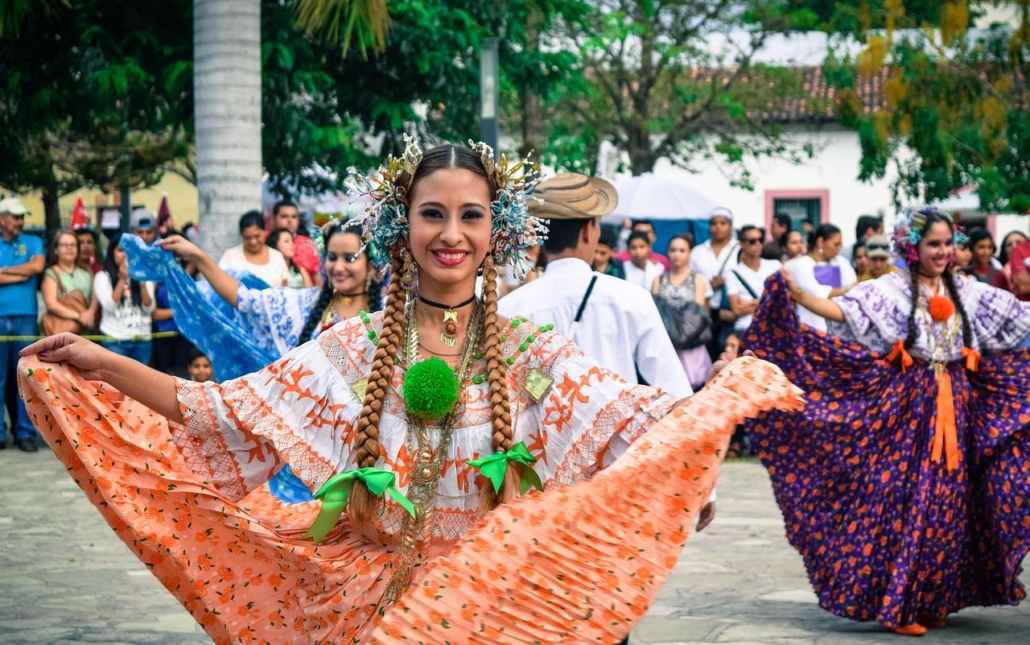
In the world of international relations, a nation’s strength is often measured by its GDP, military power, or technological innovation. But what if a country’s true strength lay in its commitment to well-being? Take Costa Rica, for example, a small Central American nation that projects significant global influence not through force, but through a simple yet profound philosophy: ‘Pura Vida’.
‘Pura Vida’ translates literally to ‘pure life’, but for Costa Ricans, known as Ticos, it represents a mantra that shapes their entire way of life. It signifies a life of simplicity, peace, and a deep connection to nature. This national ethos is more than just a cultural quirk; it’s the foundation of Costa Rica’s unique approach to wellness diplomacy – the practice of enhancing a nation’s soft power by championing the well-being of its people and the planet.
Nature as a national treasure
At the heart of the Pura Vida philosophy is a deep respect for the environment. While many countries were clearing forests, Costa Rica focused on preserving them. This small nation, which covers just 0.03% of the Earth’s surface, is home to an impressive 6% of the world’s biodiversity. However, this natural wealth is not invulnerable and faces ongoing threats from agricultural expansion, urban development, and pollution. Still, the nation’s commitment is clear: it has enshrined the right to a healthy environment in its constitution and sources over 98% of its electricity from clean energy.
This commitment to environmental stewardship serves as an excellent example of wellness diplomacy. For its citizens, access to pristine nature, lush rainforests, volcanic landscapes, and unspoiled coastlines significantly contributes to both physical and mental well-being. It encourages a culture of outdoor activity and helps alleviate stress.
On a global scale, Costa Rica’s ‘green brand’ is a valuable diplomatic asset. It attracts millions of eco-tourists, researchers, and socially conscious investors. This reputation grants the nation an influential voice in international climate discussions, positioning it as a responsible and forward-thinking leader that has a significant impact beyond its size.
Investing in people, not an army
The defining moment of Costa Rica’s modern identity is the 1948 abolition of its army, an act immortalised by the image of President José Figueres Ferrer smashing a wall of the Bellavista Barracks in San José. Yet, this powerful symbol of peace was not born from tranquillity, but forged in the crucible of a bloody civil war. The new peace was fragile, tested just months later by a failed coup, the ‘Cardonazo’, which served as a stark reminder of the violence the nation was determined to leave behind.

But it was this deliberate turn from conflict that funded a new national project: the people themselves. By channelling its ‘peace dividend’ into social welfare, Costa Rica achieved what armies never could. Sustained investment in education, typically 6% of GDP, built a system ranked first in Latin America by the World Economic Forum, yielding a 98.04% adult literacy rate. This commitment to public good extended to health, resulting in a life expectancy of 77.32 years, well above the global average. This exceptional longevity reflects both innovative national policies and the cultural habits of its Nicoya Peninsula, one of the world’s ‘Blue Zones’ where strong communities, healthy diets, and active living are the norm.
From a diplomatic standpoint, the strategy was brilliant. A nation that consciously chooses to fund doctors and teachers over soldiers sends an undeniable message of humanism and stability. It builds its strength not from military power, but from the resilience and well-being of its people, making Costa Rica a uniquely attractive and reliable partner on the world stage.
A philosophy tested by adversity
Nevertheless, this idealised image is facing serious challenges. Socially, the nation is grappling with growing inequality and the deterioration of public services, with 2023 marking the highest number of homicides in its history.
Beyond these social divisions, the celebrated environmental model faces its serious challenges. Despite its green reputation, the OECD accession process highlighted significant gaps in water resource management and waste control. More critically, the country’s geography makes it highly vulnerable to the effects of climate change. Its heavy reliance on hydroelectric power, a key component of its renewable energy strategy, is at risk as climate change disrupts rainfall and causes droughts, threatening the nation’s energy security.
The greatest challenge, however, comes from within. In a decision that could jeopardise its entire international reputation, the current government is considering the exploration of oil and gas. This potential shift in policy directly contradicts the nation’s legacy and sharply opposes the Pura Vida ethos. It threatens the very ‘green brand’ that is a crucial source of the country’s soft power.
Pura Vida: An exportable brand of resilience
The true power of Pura Vida lies not in its existence in a perfect paradise but in its ability to endure through hardship and contradiction. The ‘Pura Vida’ brand being shared with the world represents not just happiness but also resilience. People are attracted to the idea of Costa Rica as a nation that strives for peace and environmentalism while also facing the same modern challenges as everyone else.
Costa Rica’s environmental protection policies and social investments contribute to a society that consistently ranks among the happiest in the world. The Pura Vida mindset emphasises valuing experiences over possessions, community over competition, and peace over conflict. This ethos is deeply felt throughout the country.

This national character has become Costa Rica’s most potent diplomatic tool. ‘Pura Vida’ is now a global brand, synonymous with a better, more balanced way of life. It’s not sold through aggressive marketing campaigns but is communicated authentically through the experiences of those who visit and the values the country espouses. People aren’t just drawn to Costa Rica’s beaches; they are drawn to the idea of Costa Rica, a place that proves a nation can be prosperous, peaceful, and green all at once.
A lesson for a stressed-out world
In an era of global anxiety and ecological crisis, the Costa Rican model remains a compelling alternative. It demonstrates that prioritising wellness is a strategic imperative. By weaving the ‘Pura Vida’ philosophy into its identity, Costa Rica crafted a unique form of soft power. The challenge now is one of preservation. Its lesson for the world is no longer just about the bold choices of the past, but about the difficult struggle to uphold those values today. It proves that a country’s greatest strength lies in the resilient optimism of its citizens to defend its legacy, even from itself. This is the ongoing art of wellness diplomacy, and Costa Rica remains its most important and embattled master.
Click to show page navigation!



